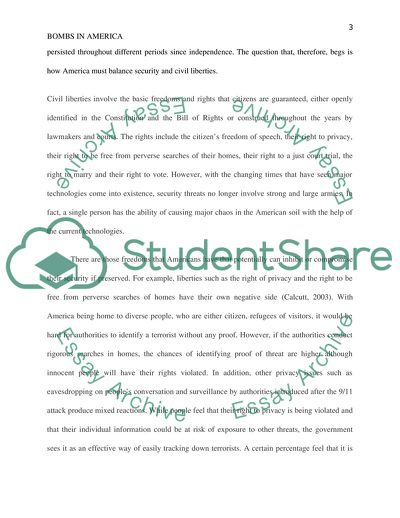Cite this document
(Bombs in America Essay Example | Topics and Well Written Essays - 1750 words, n.d.)
Bombs in America Essay Example | Topics and Well Written Essays - 1750 words. https://studentshare.org/law/1879271-bombs-in-the-united-states
Bombs in America Essay Example | Topics and Well Written Essays - 1750 words. https://studentshare.org/law/1879271-bombs-in-the-united-states
(Bombs in America Essay Example | Topics and Well Written Essays - 1750 Words)
Bombs in America Essay Example | Topics and Well Written Essays - 1750 Words. https://studentshare.org/law/1879271-bombs-in-the-united-states.
Bombs in America Essay Example | Topics and Well Written Essays - 1750 Words. https://studentshare.org/law/1879271-bombs-in-the-united-states.
“Bombs in America Essay Example | Topics and Well Written Essays - 1750 Words”. https://studentshare.org/law/1879271-bombs-in-the-united-states.


